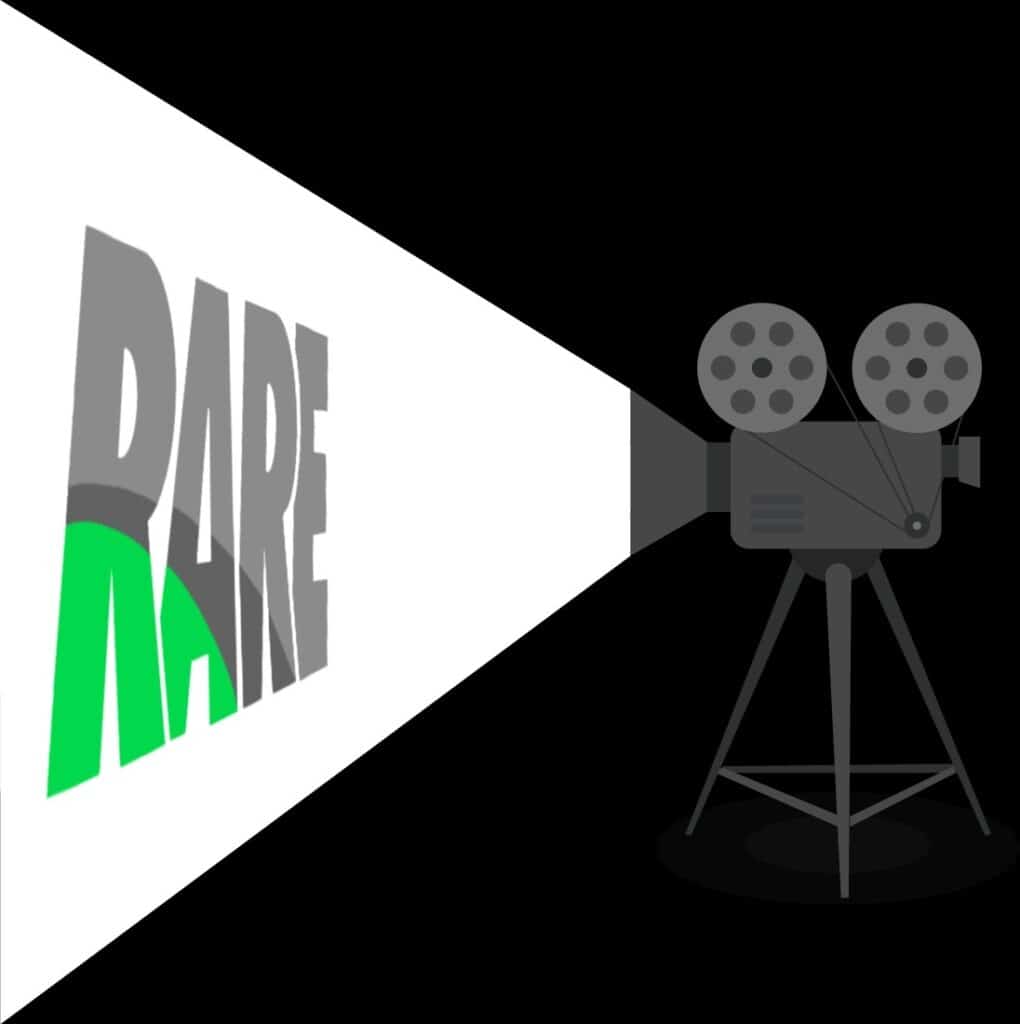
On Jan. 31, the Roosevelt Alumni for Racial Equity (RARE) released their latest project: “Roosevelt High School: Beyond Black & White,” a documentary that dives into the Seattle Public Schools busing program, its impact on Roosevelt, and the aftermath of its removal.
The documentary follows former Roosevelt students who attended the school through the voluntary and mandatory busing programs and discusses the lasting effects of the programs. Through interviews with current and former students and staff across the district, RARE has shed light on the discussion of race at Roosevelt and in Seattle Public Schools (SPS).
RARE, co-chaired by Roosevelt Alumni Joe Hunter Jr. and Tony Allison (both Class of 1971), is an organization founded by former Roosevelt students after George Floyd was killed in the summer of 2020. Alumni organized to discuss racism in Seattle and the country by comparing their experiences to those of present-day students.
Roosevelt senior Theo Shouse, who’s featured in the film, describes the organization as a group of “passionate alumni who see the issues that they faced are still present today and they want to help the kids in Roosevelt, but they’re also very concerned about the city and the whole nation.”
RARE works to advocate for racial equity by contributing to the greater discussion of racism, and to mend the boundaries that divide races. Hunter says, “At this moment in time today, I’m saying we’re a learning organization, and we need to continue to learn more.”
Along with the documentary, RARE works to support Roosevelt students by offering the James A. Davis Jr. Memorial Scholarship, an annual scholarship of $5,000 awarded to two low-income students of color.
At the start, RARE members found it necessary to document the persistent racism in Roosevelt and Seattle, comparing a snapshot of their adolesence at Roosevelt to the present day. Hunter says, “A lot of those things that we talked about 50 years ago, if you listen to what some of the students are saying today, you know, they’re talking about the same thing.”
Allison comments, “Our motivation was to make a documentary that would advance what we’re interested in, which is a better understanding of racial equity, and racial issues and in particular in education. A second motivation was to document the past and the present of racial issues in education, focusing on our particular school, but trying to do it so that it would be important and applicable way beyond our old school residence. ”
The documentary, led by Lea Vaughn, another Roosevelt alum, and produced by Simon Fox of Fox Wilmar, is the product of a year of hard work.
Originally, the documentary was meant to center interviews with alumni and their stories with the busing program. But as the filming progressed, RARE realized including current student voices was a vital part of the story. Hunter adds, “As we continued to talk about it, the storyline began to change to where, as I mentioned before, the storyline kept getting back to we need to stress this, why haven’t things changed in 50 years?”
Involving current students in the storytelling documented the similarities and differences between present and past Seattle. Besides filming and interviewing, considerable effort was invested in finding documentation, photos, videos, and other historic information.
The Seattle Busing Voluntary Racial Transfer Program (VRT) was an effort by SPS in the aftermath of the Supreme Court’s decision in Brown vs Board of Education (1954), when the court ruled racial segregation of childern in public schools unconstitutional. In response, SPS adopted the VRT program in 1963— a program where students could voluntarily transfer and be bused to schools outside of their neighborhood.
However, this program was voluntary, and the majority of the participants were Black. In 1970, SPS switched to mandatory busing. Starting with middle schoolers, the Middle School Desegregation Plan was the first mandatory integration program.
The Seattle Plan, in 1978, would expand this program to all schools in the district. A variety of initiatives continued, including a system where students could apply to any school in the district, as long as they could be accepted. This system often relied on “tiebreakers” to decide which student would be accepted, in which race was often a deciding factor.
RARE hopes this documentary will be used as a learning tool for Roosevelt and the rest of the district. Prepared with the film, the organization has also curated a curriculum guide along with class discussion questions. Allison comments, “We want to stimulate more difficult conversations about race. More education about race, and the role of racism. In that sense, we want to be useful to the school, we want to be a resource for the school.”
In addition, Quincy Purcell, a Roosevelt junior featured in the film, believes the documentary’s purpose is “to tell a story, just like any good documentary we do is just tell a story in an entertaining way that is fun to watch.”
Beyond serving as a learning tool, Hunter hopes the discussions inspired by the film will lead to action, “That conversation leads to that individual or group of individuals taking action, in a positive way. But for right now, I think what we can hope is that it will at least start the conversation where there has been no conversation, and then go from there.”
While the documentary was made with Roosevelt in mind, Allison talks about how he hopes the film will reach “Schools and their communities, not just the classroom, but you know, the larger community and maybe groups of students in clubs, whatever it is, would be using it.”
Shouse hopes this is something students will take seriously, “I hope they don’t think of this film as just another assignment they have to deal with and forget about.” In a statement to his peers, Purcell says to “Try to connect what you see in the documentary to your own experiences.”
Besides watching the film, Hunter shares some advice, “Become an educated and knowledgeable person, about everyone. And I think when you do that, you learn more about yourself.”
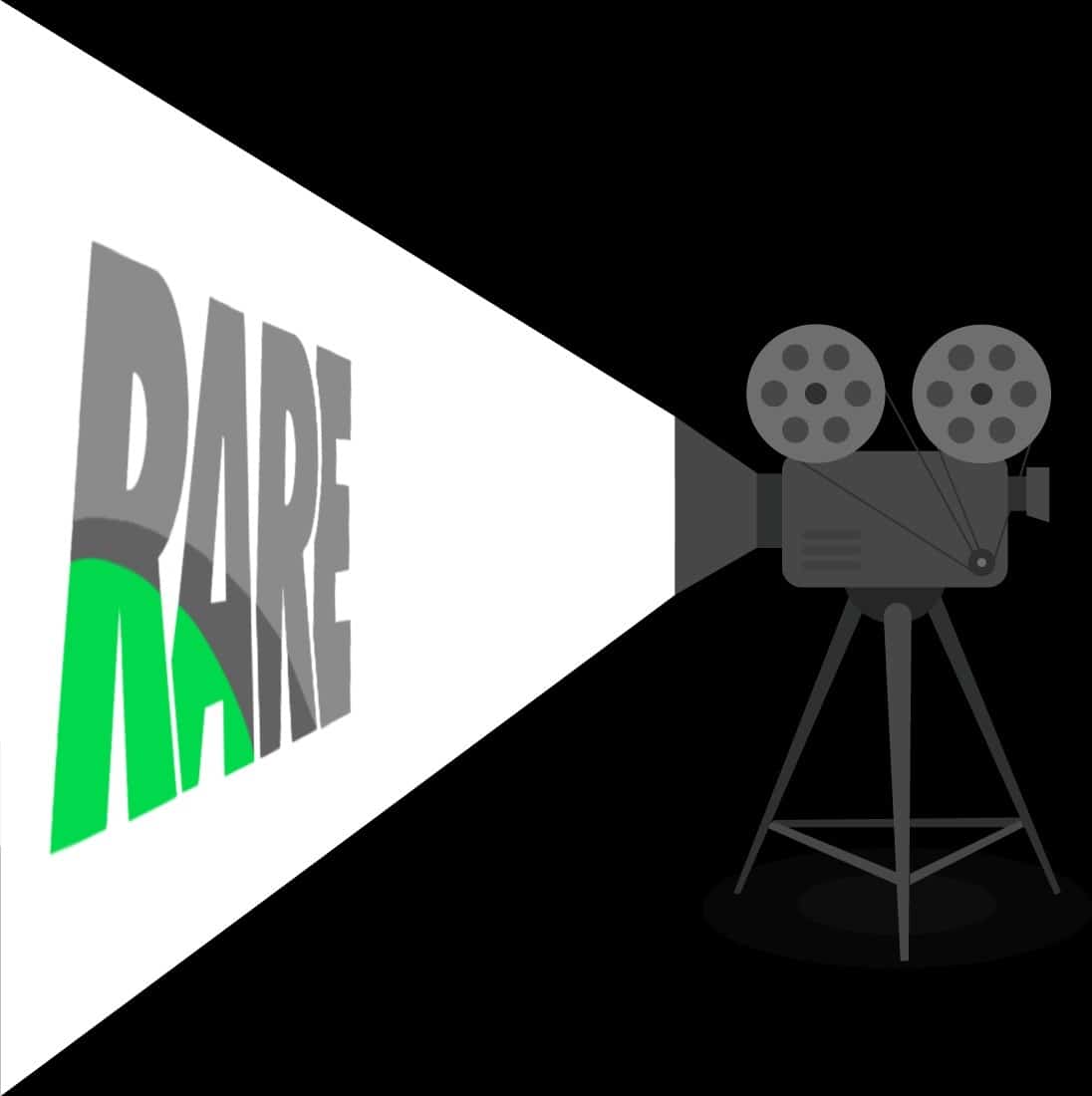
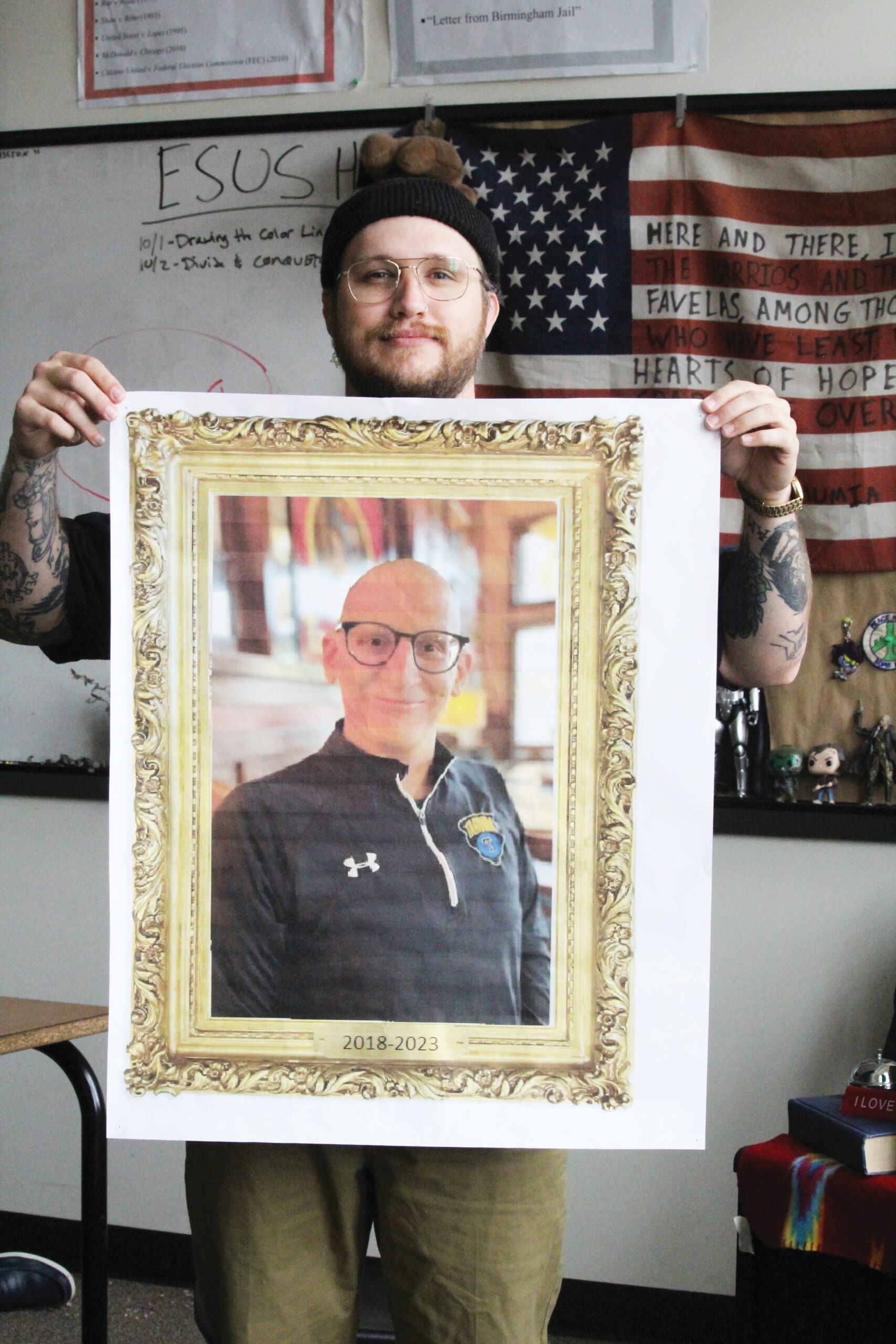
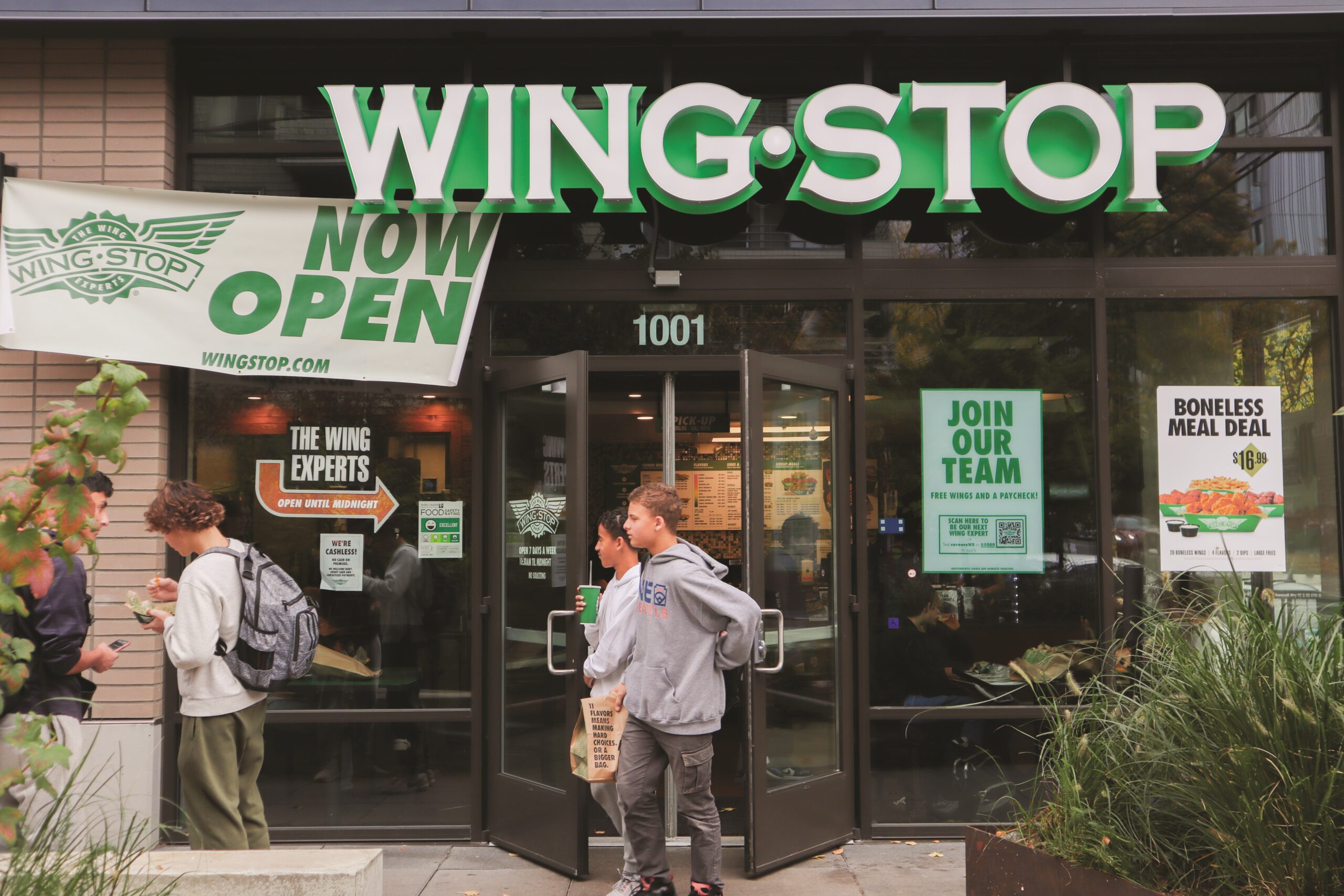
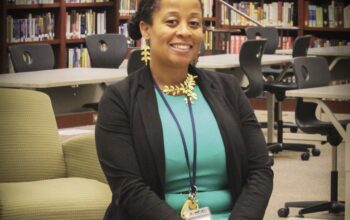
One thought on “RARE Documentary Debuts”